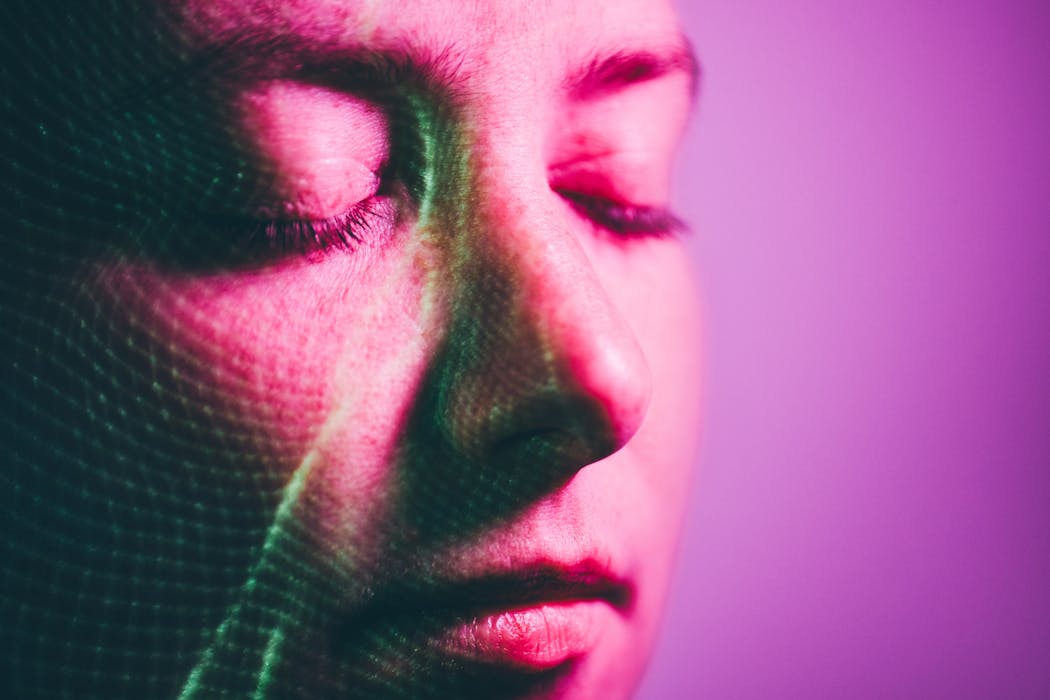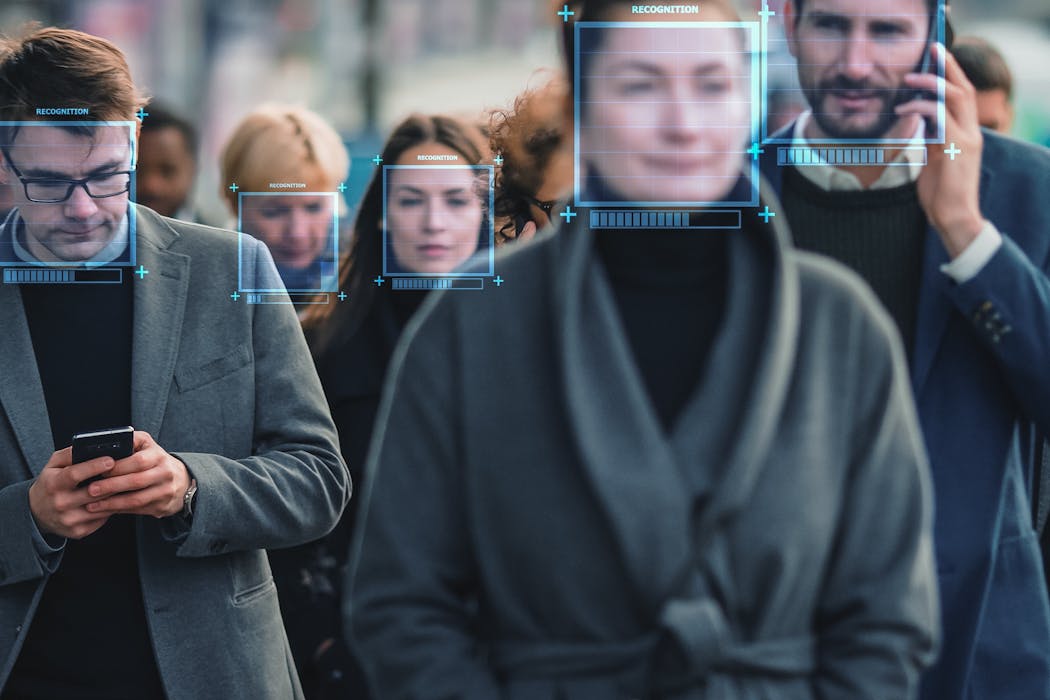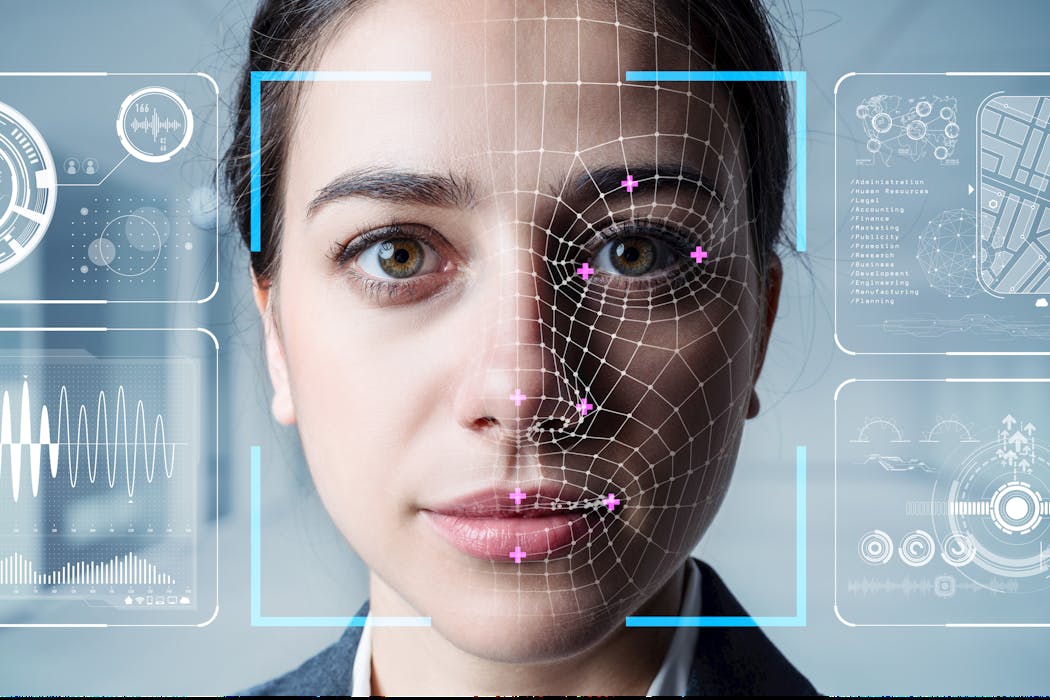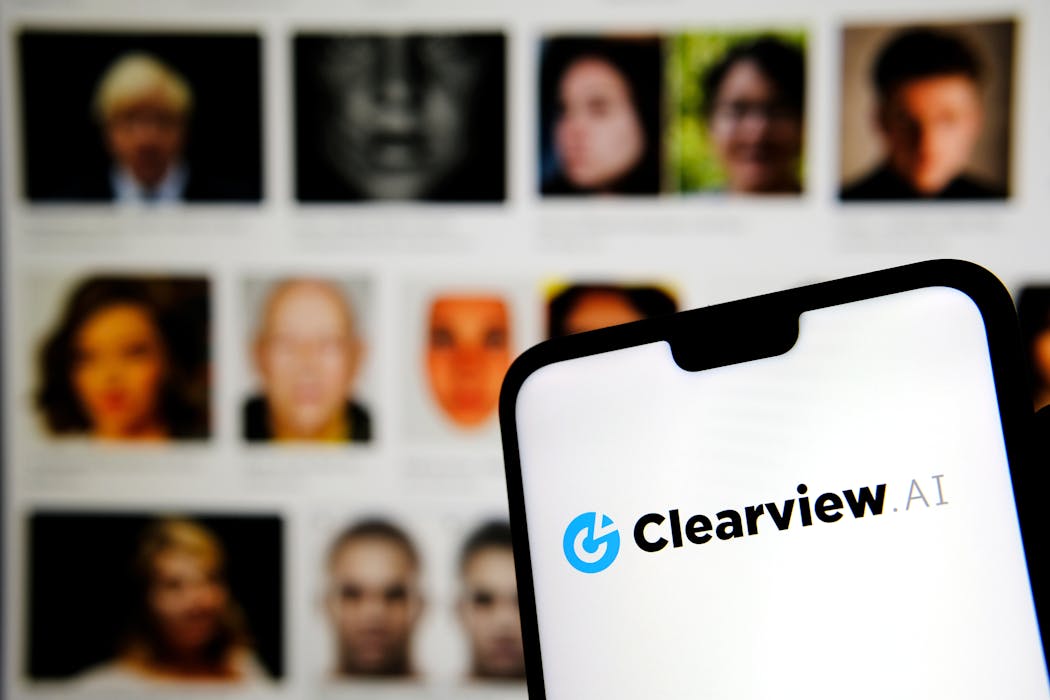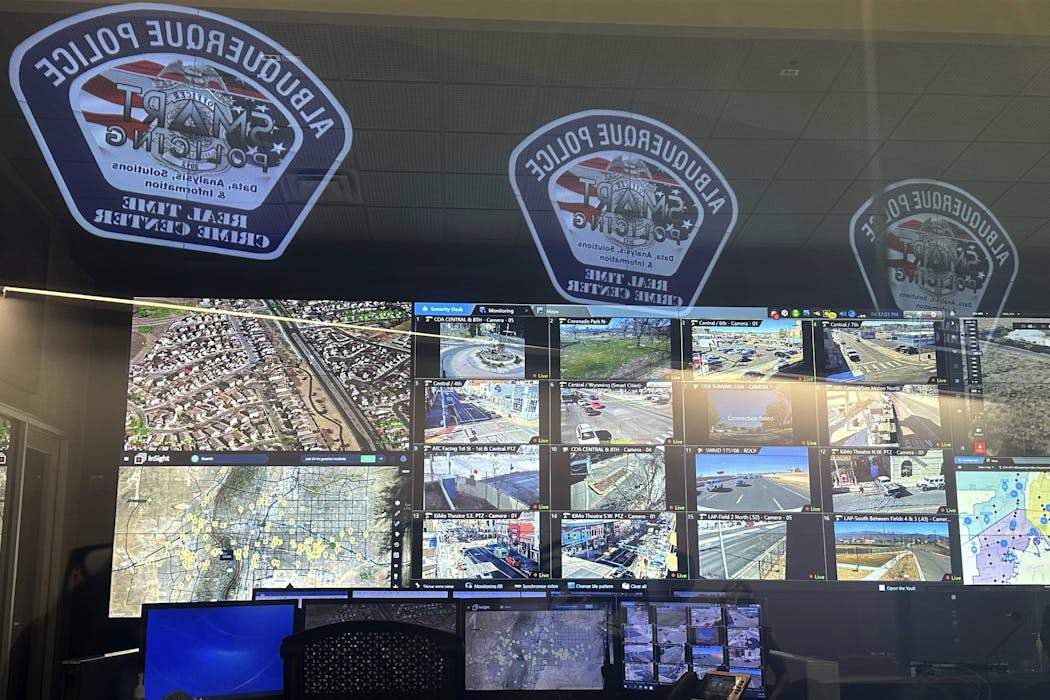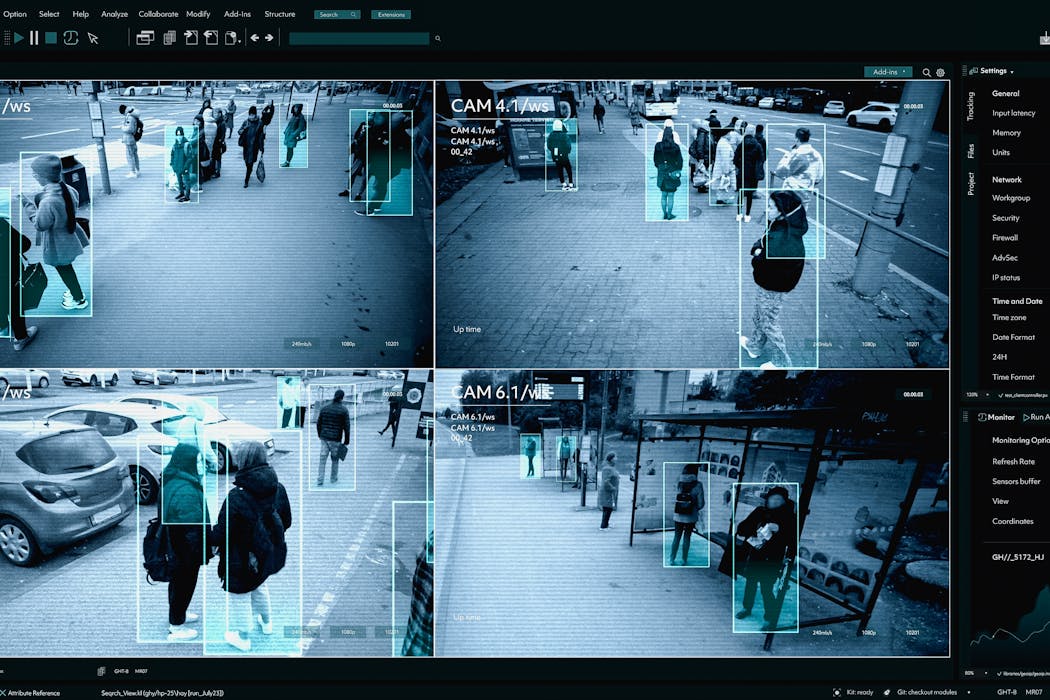- Why ICE’s body camera policies make the videos unlikely to improve accountability and transparencyby Stephanie Lessing, Adjunct Professor of Public Policy, UMass Boston on February 24, 2026 at 1:49 pm
For body cameras to function as transparency tools, wrongdoing would have to be consistently penalized, highlighting the consequences of noncompliance.
- Bunnings decision may open door to facial recognition surveillance free-for-allby Margarita Vladimirova, Sessional Academic, Faculty of Law, Monash University on February 10, 2026 at 4:13 am
Businesses using facial recognition cameras need customer consent – but a new ruling could open a loophole in the law.
- Facial recognition technology used by police is now very accurate – but public understanding lags behindby Kay Ritchie, Associate Professor in Cognitive Psychology, University of Lincoln on January 30, 2026 at 4:53 pm
It’s a common misconception that facial recognition technology captures and stores an image of your face.
- How facial recognition for bears can help ecologists manage wildlifeby Emily Wanderer, Associate Professor of Anthropology, University of Pittsburgh on January 7, 2026 at 1:37 pm
Recent advances in computer vision and other types of artificial intelligence offer an opportunity for facial recognition to apply to bears and other animals.
- How new asylum policies will affect child refugeesby Ala Sirriyeh, Senior Lecturer in Sociology, Lancaster University on November 24, 2025 at 1:43 pm
Child refugees could live their entire childhoods in Britain with no guarantee that they will remain in the place they have come to think of as home.
- How safe is your face? The pros and cons of having facial recognition everywhereby Joanne Orlando, Researcher, Digital Wellbeing, Western Sydney University on September 30, 2025 at 1:07 am
Before you scan your face, you might want to think twice about the risks.
- Kmart broke privacy laws by scanning customers’ faces. What did it do wrong, and why?by Margarita Vladimirova, PhD in Privacy Law and Facial Recognition Technology, Deakin University on September 18, 2025 at 7:42 am
The Privacy Commissioner found Kmart should have tried other options before facial recognition systems – and told customers what it was doing.
- How states are placing guardrails around AI in the absence of strong federal regulationby Anjana Susarla, Professor of Information Systems, Michigan State University on August 6, 2025 at 12:55 pm
With a potential ban of state regulation of AI soundly defeated, states are continuing to take the lead on protecting people from the technology’s potential harms – for now.
- AI helps tell snow leopards apart, improving population counts for these majestic mountain predatorsby Eve Bohnett, Assistant Scholar, Center for Landscape Conservation Planning, University of Florida on June 18, 2025 at 12:45 pm
Conservationists have to search rough terrain and thousands of automated photographs to find the elusive cats. Artificial intelligence can help them work more accurately and more efficiently.
- Banning face coverings, expanding facial recognition – how the UK government and police are eroding protest rightsby Daragh Murray, Senior Lecturer in International Human Rights Law at Queen Mary University of London, Queen Mary University of London on March 28, 2025 at 1:11 pm
Being identified was once only a possibility, now it is a near certainty.
- Surveillance tech is changing our behaviour – and our brainsby Kiley Seymour, Associate Professor of Neuroscience and Behaviour, University of Technology Sydney on January 14, 2025 at 12:33 am
A new study shows that simply knowing we are being watched can unconsciously heighten our awareness of other people’s gaze.
- How can Australia actually keep young people off social media and porn sites? A new trial will test 3 optionsby Toby Murray, Associate Professor of Cybersecurity, School of Computing and Information Systems, The University of Melbourne on December 2, 2024 at 2:52 am
The trial is testing age verification, age estimation and age inference. All three options come with problems.
- Five ways you might already encounter AI in cities (and not realise it)by Noortje Marres, Professor in Science, Technology and Society, University of Warwick on November 26, 2024 at 1:20 pm
From facial recognition to delivery drones, cities around the UK are already trialling AI tech.
- AI and criminal justice: How AI can support — not undermine — justiceby Benjamin Perrin, Professor of Law, University of British Columbia on November 19, 2024 at 5:06 pm
While AI promises to transform criminal justice by increasing operational efficiency and improving public safety, it also comes with risks around privacy, accountability, fairness and human rights.
- Bunnings breached privacy law by scanning customers’ faces – but this loophole lets other shops keep doing itby Margarita Vladimirova, PhD in Privacy Law and Facial Recognition Technology, Deakin University on November 19, 2024 at 5:36 am
Despite the ruling against Bunnings, Australian businesses can continue to collect your biometric information without your explicit consent by simply putting up signs.
- In your face: our acceptance of facial recognition technology depends on who is doing it – and whereby Nicholas Dynon, Doctoral Candidate, Centre for Defence & Security Studies, Te Kunenga ki Pūrehuroa – Massey University on November 8, 2024 at 1:41 am
While many people are comfortable with using facial recognition technology on their phone, they are less happy when it’s the government or private groups identifying them.
- What do people think about smartglasses? New research reveals a complicated pictureby Fareed Kaviani, Research fellow, Emerging Technologies Research Lab, Monash University on November 7, 2024 at 11:28 pm
Views differ between owners and non-owners of smartglasses. But both groups agree the technology can help people.
- Wondering what AI actually is? Here are the 7 things it can do for youby Sandra Peter, Director of Sydney Executive Plus, University of Sydney on October 1, 2024 at 11:53 pm
AI impacts many things beyond the flashy chatbots – often in ways that quietly improve everyday processes.
- The United Nations has a plan to govern AI – but has it bought the industry’s hype?by Zena Assaad, Senior Lecturer, School of Engineering, Australian National University on September 23, 2024 at 1:30 am
A UN report proposes seven recommendations for addressing gaps in current AI governance. It’s a small step forward, but it needs refining.
- Paying with your face: what will convince consumers to use facial recognition payment technology?by Gary Mortimer, Professor of Marketing and Consumer Behaviour, Queensland University of Technology on September 3, 2024 at 11:38 pm
Facial recognition technology is not new, but using your face to pay for shopping is. New research has identified what will help consumers embrace this new tech, and what could stop them.
- Australia’s privacy regulator just dropped its case against ‘troubling’ facial recognition company Clearview AI. Now what?by Rita Matulionyte, Associate Professor in Law, Macquarie University on August 22, 2024 at 2:02 am
The decision underscores the importance of strengthening privacy laws and enforcement powers of regulators.
- Real-time crime centers are transforming policing – a criminologist explains how these advanced surveillance systems workby Kimberly Przeszlowski, Assistant Professor of Criminal Justice, Quinnipiac University on August 15, 2024 at 12:30 pm
As police departments across the US and the world adopt real-time crime centers, there’s a need for better public understanding of how these centers work.
- A world-first law in Europe is targeting artificial intelligence. Other countries can learn from itby Rita Matulionyte, Associate Professor in Law, Macquarie University on August 14, 2024 at 3:30 am
A risk-based approach to regulating AI can help minimise the dangers of the new technology
- Australians like facial recognition for ID but don’t want it used for surveillance, new survey showsby Mark Andrejevic, Professor, School of Media, Film, and Journalism, Monash University, Monash University on July 30, 2024 at 5:07 am
Automated facial recognition is becoming widespread in Australia. The technology has already been used by retail outlets, sport stadiums and casinos around the country. And in November, the Australian…
- What Philadelphians need to know about the city’s 7,000-camera surveillance systemby Albert Fox Cahn, Practitioner-in-Residence, Information Law Institute, New York University on May 24, 2024 at 12:28 pm
Police can reconstruct someone’s movements for days or weeks at a time, without any court oversight.

Facial Recognition
We are an ethical website cyber security team and we perform security assessments to protect our clients.






